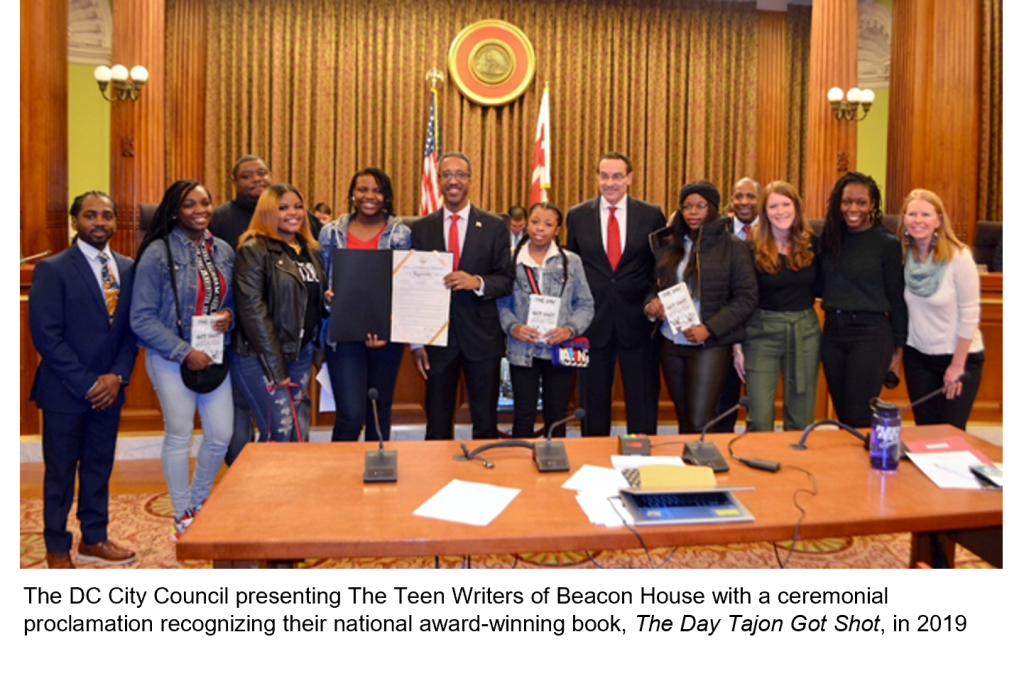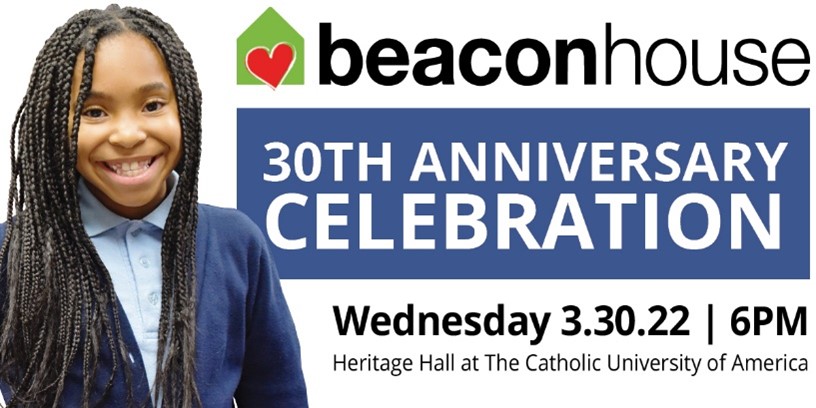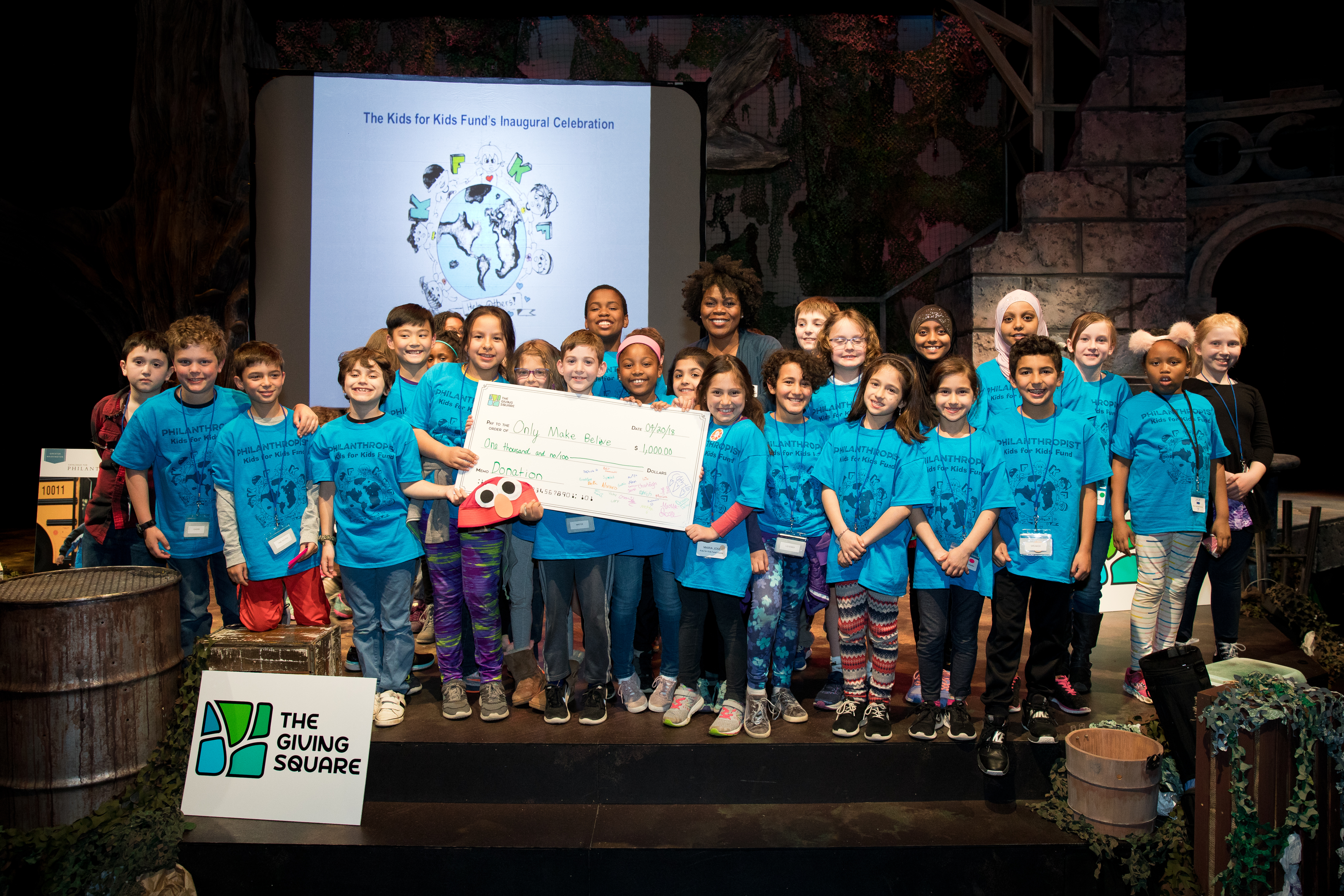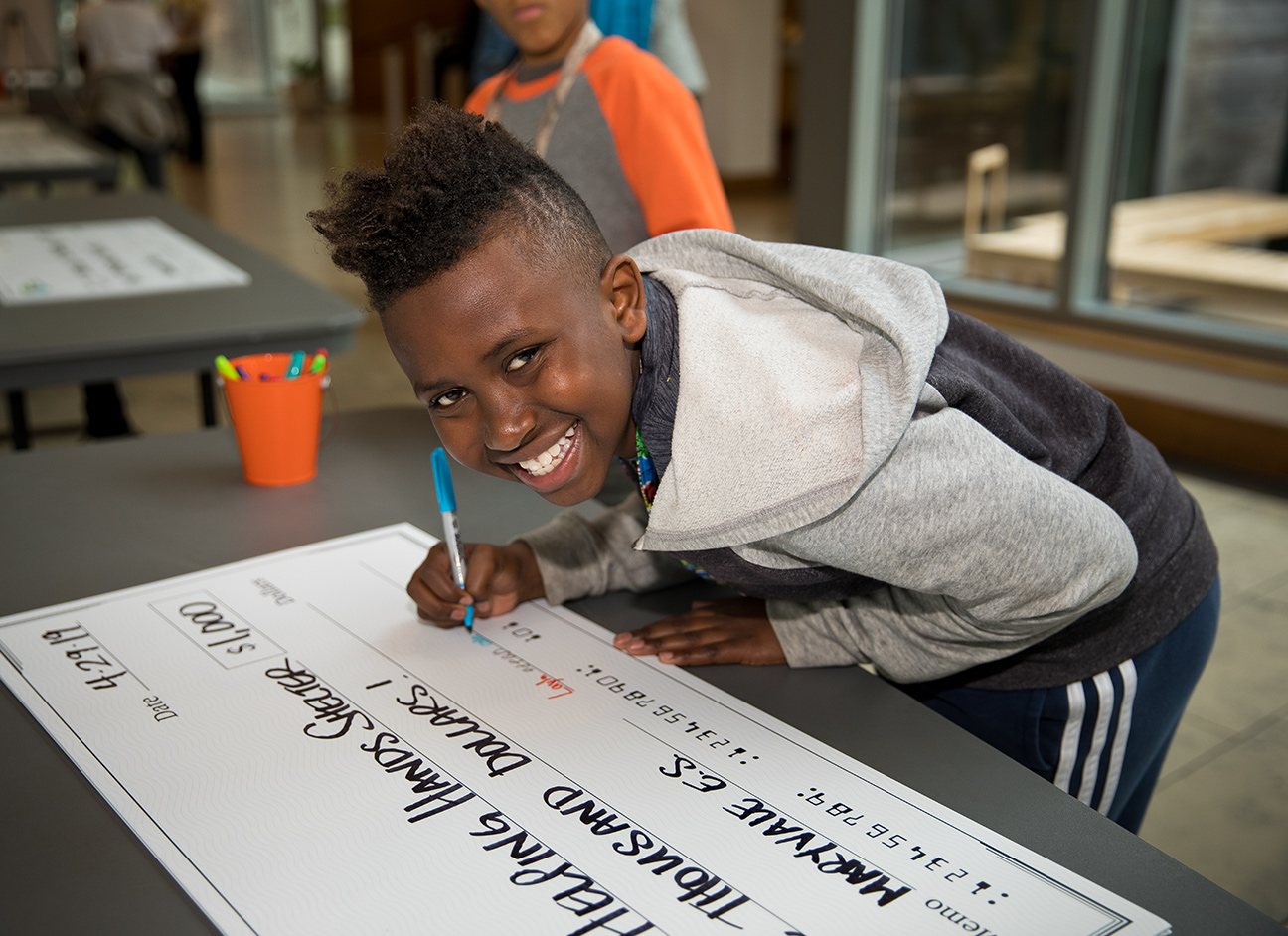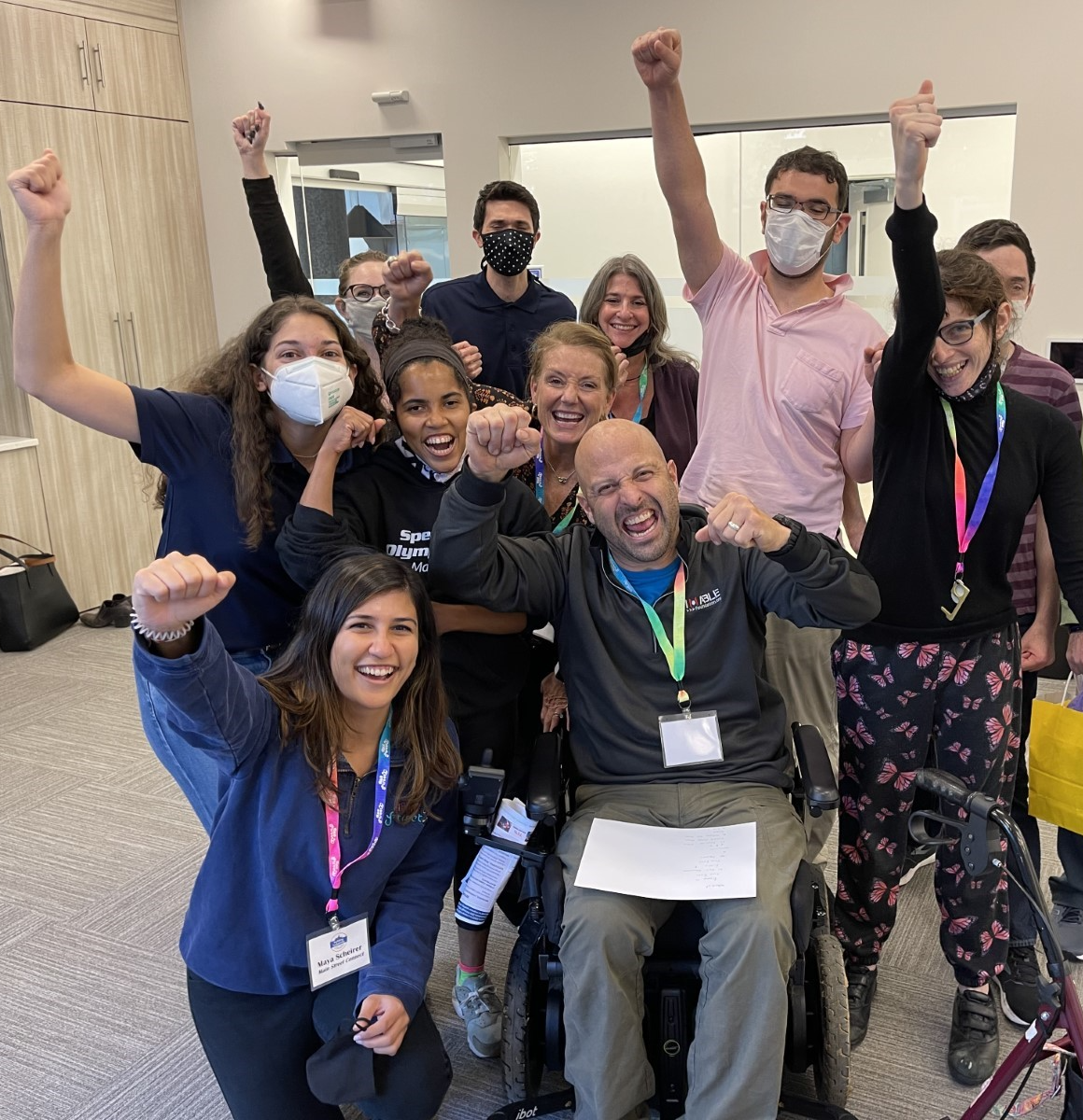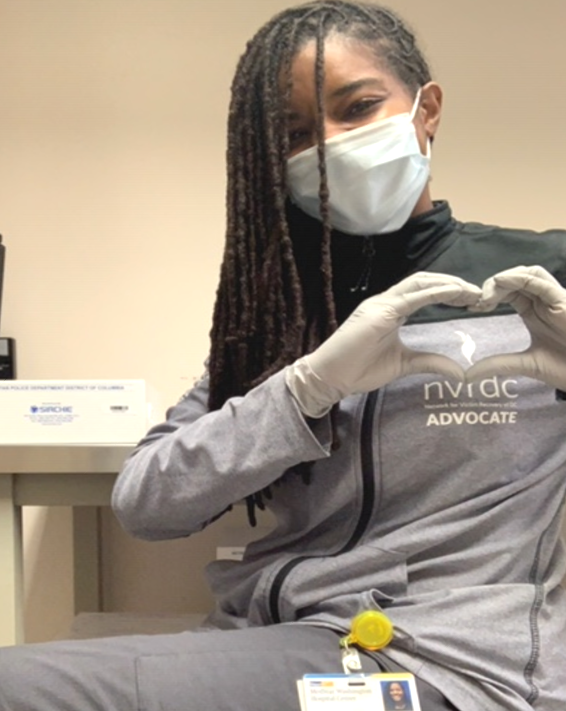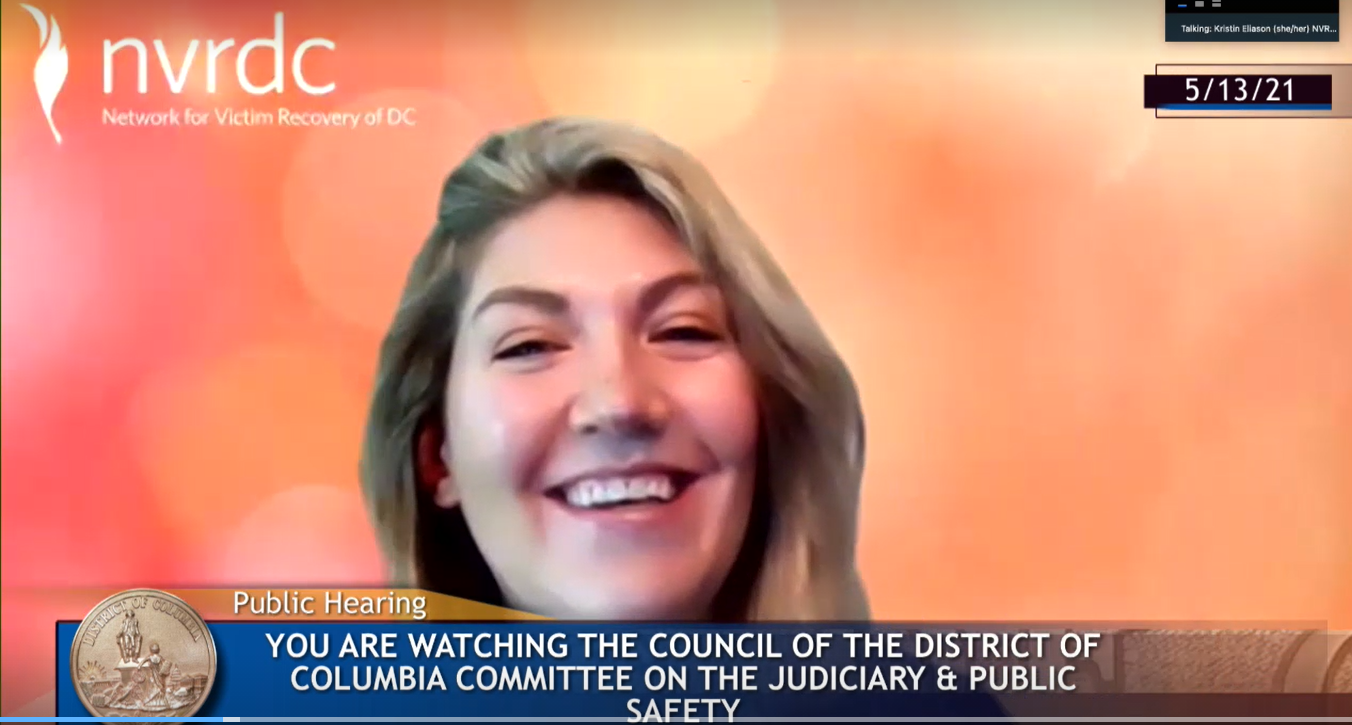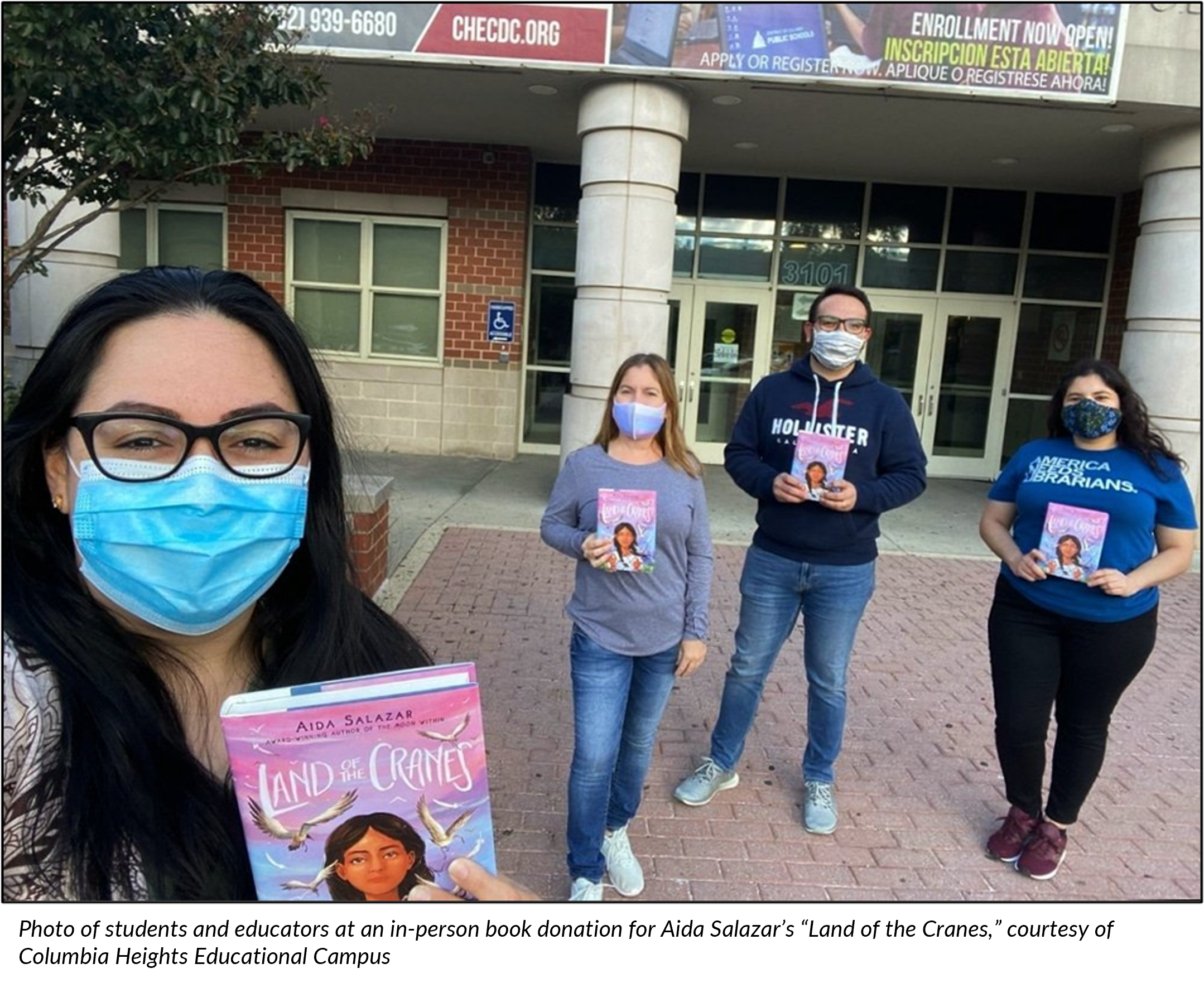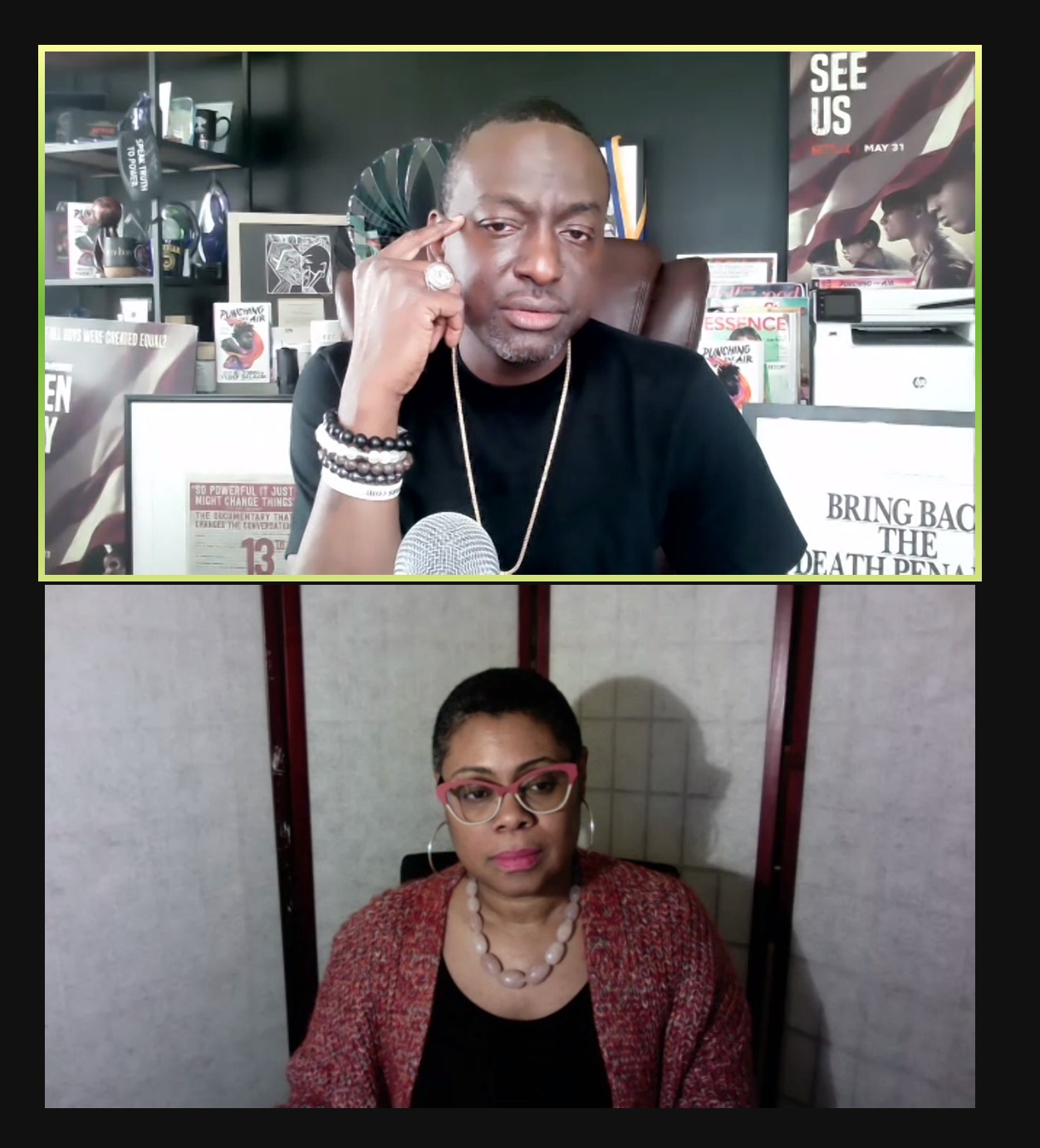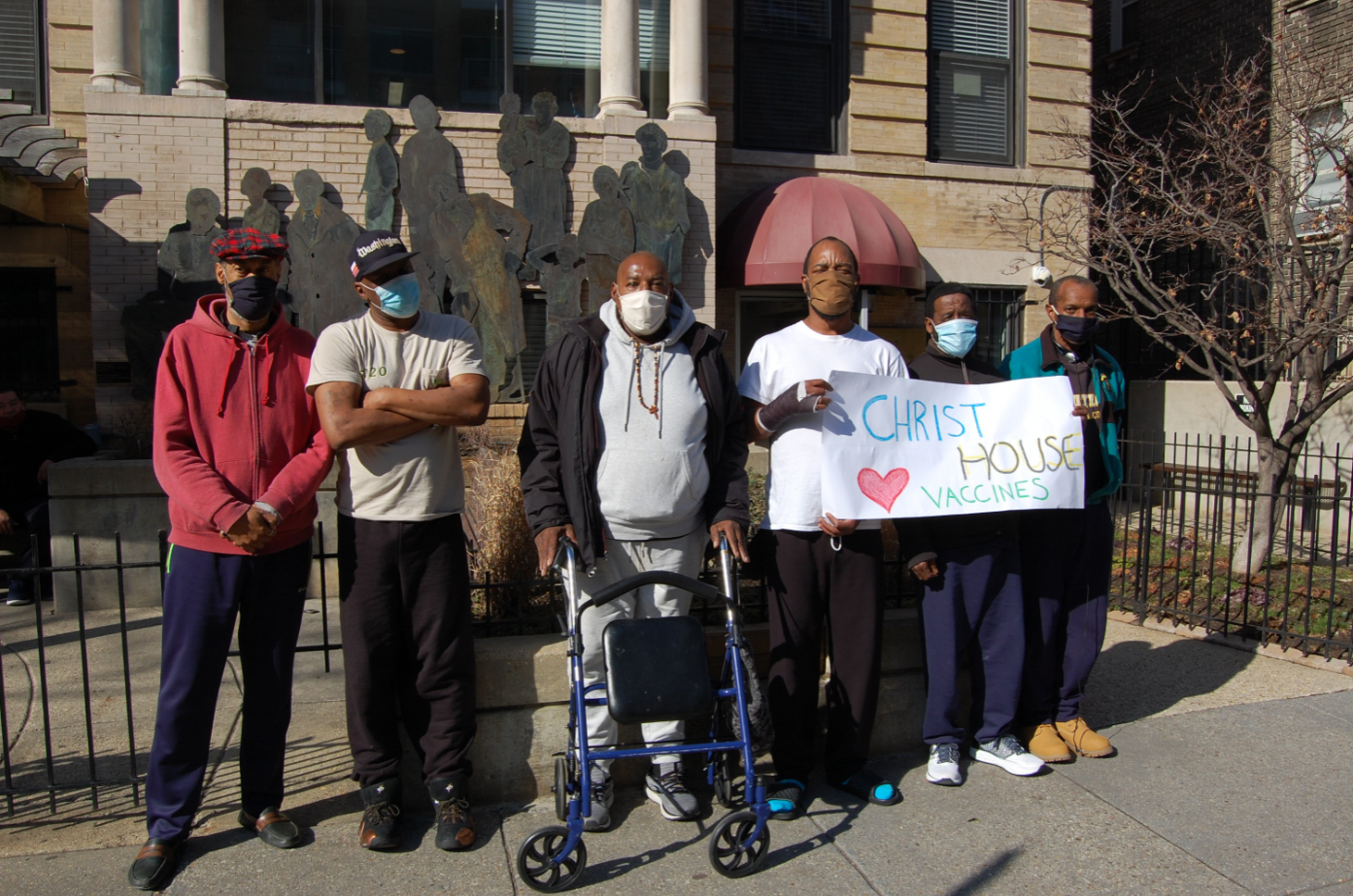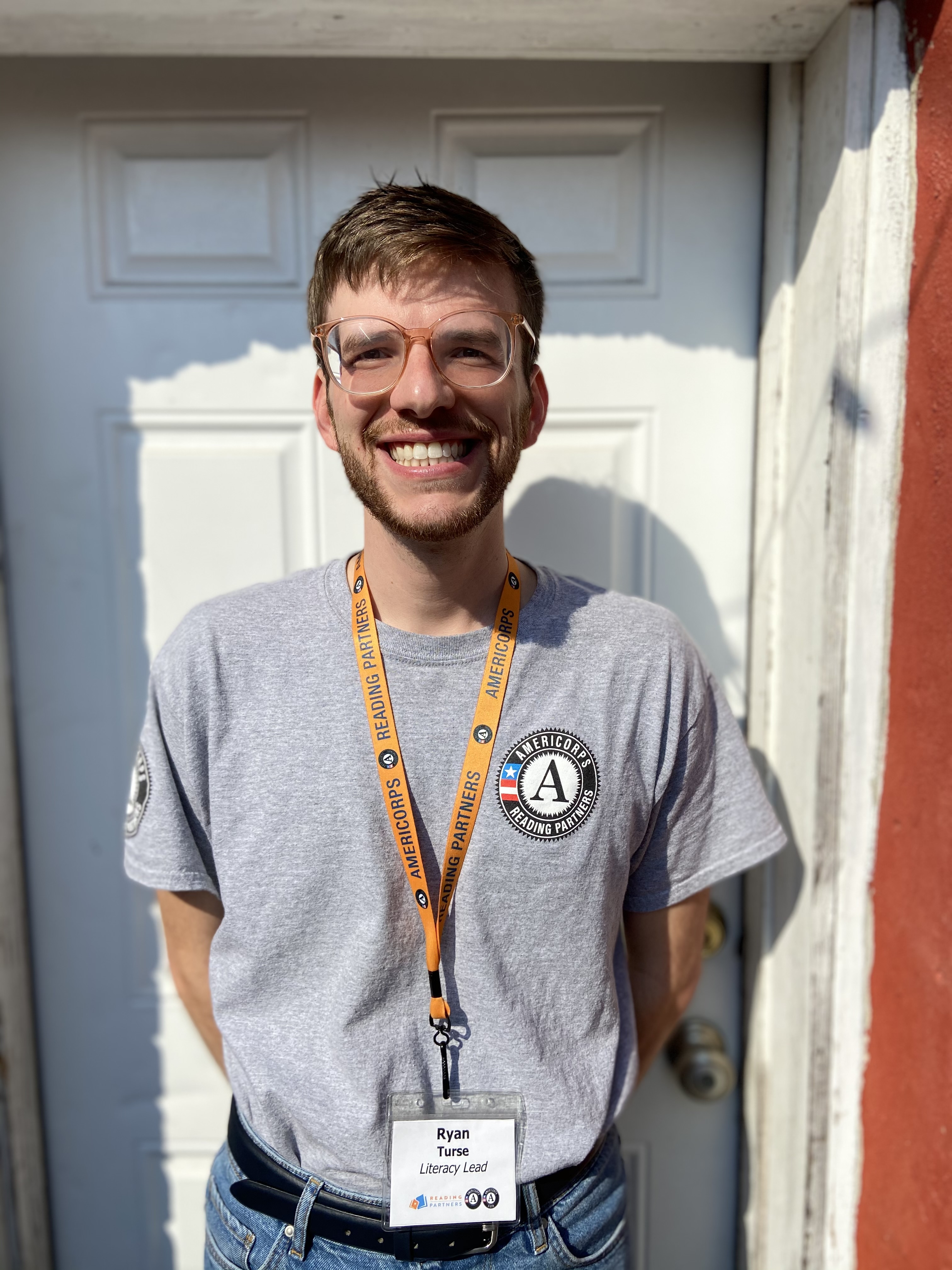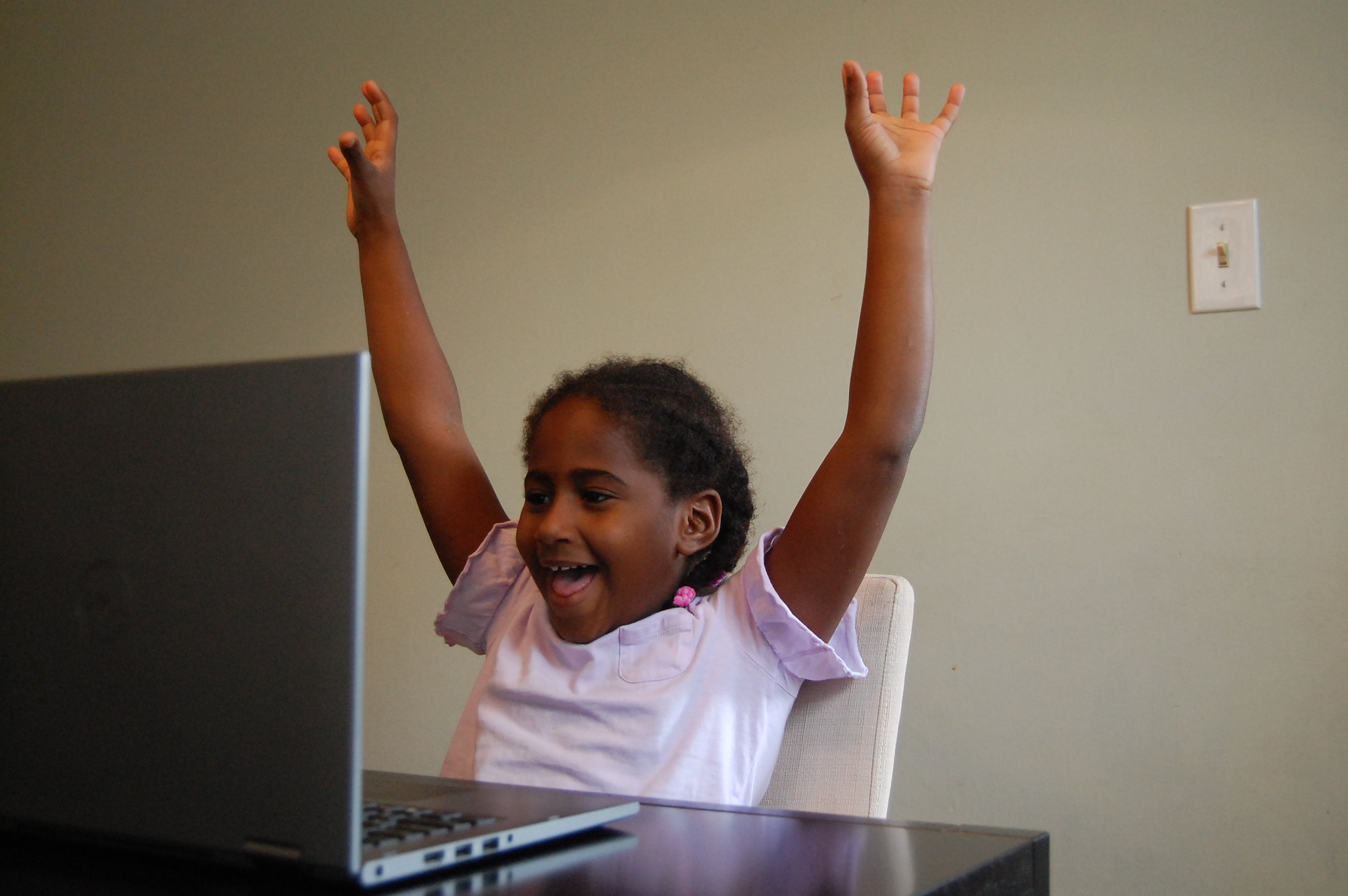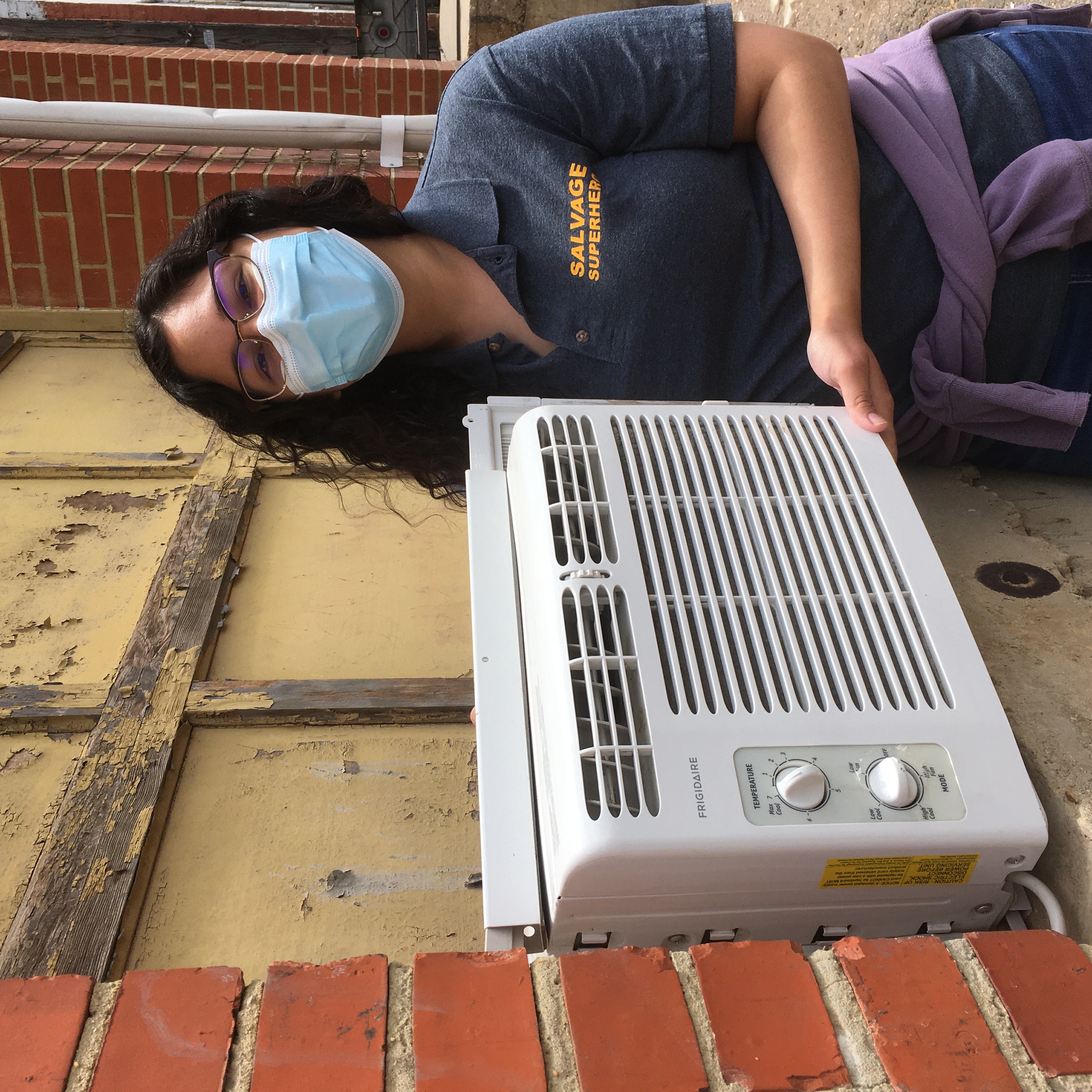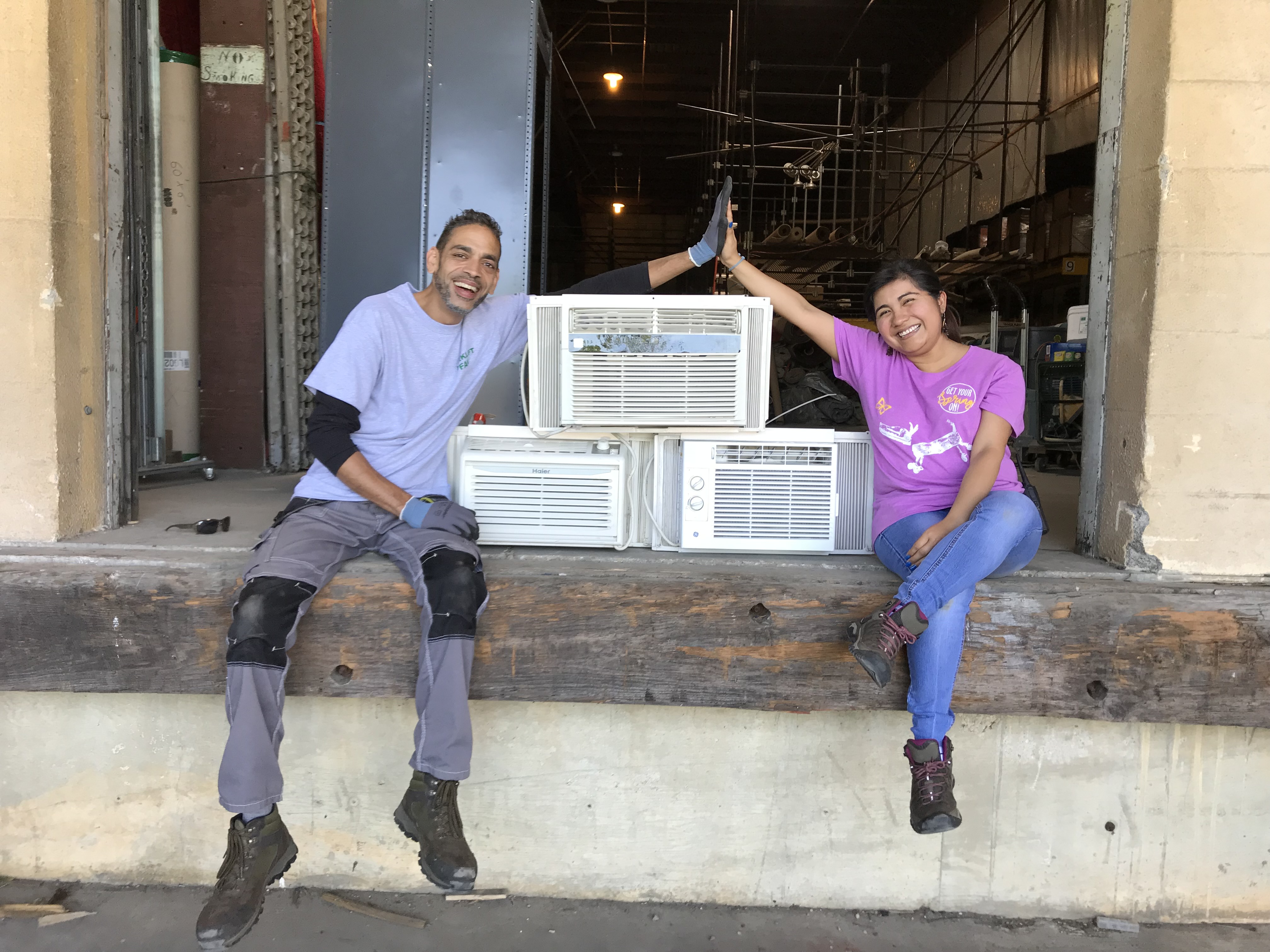Local Nonprofit Bulletin
3.18.22
Introducing the Catalogue for Philanthropy’s biweekly Local Nonprofit Bulletin! Every two weeks, watch this space for philanthropic resources, news from small nonprofits in the DMV, upcoming events, and more. Have questions or something you want featured? Reach out to Amanda, our Communications and Marketing Coordinator, for shoutouts and collaborations!
Celebrating Women’s History Month
This Women’s History Month, support the many nonprofits serving women and girls across the DMV! Some quick highlights from these 120+ Catalogue nonprofit partners include:
- FAIR Girls offering 18-28-year-old female-identifying survivors of human trafficking a safe, empowering, and transitional home.
- Amara Legal Center providing survivors with legal protection and assistance.
- New Endeavors by Women giving women and children housing, drug recovery assistance, and more.
Browse our website to find opportunities to donate to, volunteer with, and advocate for these incredible organizations and the other 100+ serving women and girls locally!
Shoutouts
Congratulations to After-School All-Stars for winning the Anthem Awards! Thanks to support from TikTok, they served over half a million meals to individuals and families during the pandemic, in addition to connecting students with mentors and executing wellness checks.
“To finally see our impact in person with our kids has just been phenomenal,” Charity Blackwell, Senior Advisor of Arts & Culture at DC SCORES, spoke with NBC Washington in a feature exploring how they used a Project Innovation grant to serve schoolkids in the District.
Street Reporter recently streamed at this year’s Community Stories Film Festival. A collaborative documentary project by Laura Waters Hinson in partnership with American University’s Community Voice Lab, the film captures the journeys of Reginald Black and Sheila White, members of the nation’s first homeless filmmaking cooperative at Street Sense Media.
“It was really nice to be able to finally make a book that identified with me,” 19-year-old Joy Ugwu told DCist in an article highlighting Shout Mouse Press’s Beyond Borders series, which collaborates with immigrant youth authors to publish illustrated children’s books.
Events
March 16-27 | Poetry for the People: The June Jordan Experience
March 17-27 | Environmental Film Festival in the Nation’s Capital (30th Anniversary)
March 19, 7:00 – 10:00 PM | Joe’s Movement Emporium presents Take Back the Night: Flashback Prom
Multiple | Jews United for Justice’s What’s at Stake in the Local Primary Elections?
Resources
Collaborate to Co-Liberate: Structures and Practices for Democratic Organizations | Nonprofit Democracy Network
This 12 month-long journey, divided into four seasons, will explore best practices and living models of liberatory organizational culture, structure, and practice. Individuals and organizations interested in implementing transformational change can apply by March 21 to participate in this virtual learning journey.
A Charitable-Giving Tax Credit Could Shift the Balance of Philanthropic Power Away from the Wealthy | The Chronicle of Philanthropy
This article by Andrew Hayashi and Justin Hopkins delves into their proposal for a refundable tax credit that could be paid for by eliminating the charitable deduction, subsidizing the giving of low- and middle-income taxpayers who do not itemize.
PEAK2022, March 21-25 | PEAK Grantmaking
This virtual conference will imagine how grantmaking can truly embody what PEAK stands for: Principles, Equity, Advocacy, and Knowledge. Core programming includes thought-provoking keynotes, interactive peer dialogues, skill-building breakouts, and community gatherings.
2022 National Arts Action Summit, March 28-30 | Americans for the Arts
Advocates will learn from policy experts and field leaders about the latest in arts policy and how to effectively engage decision-makers to support the arts, arts education, and more.
Network Strategy Session, March 28-30 | Neighborhood Funders Group’s Funders for a Just Economy
Philanthropy needs to be more organized than ever to bring the resources to bear to support the success of our movement partners. Register to join the FJE Network Strategy Session to come together as funders and align your funding with the visions and aspirations of movement partners.

